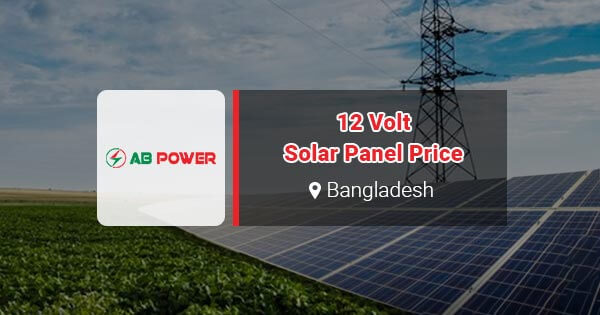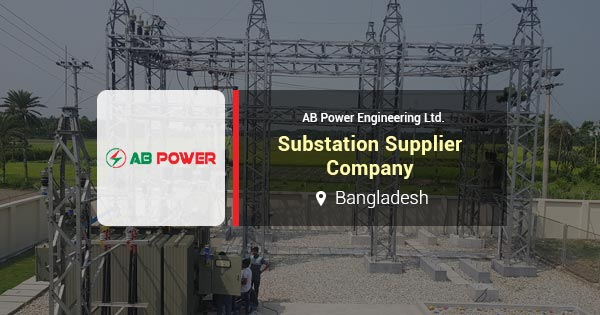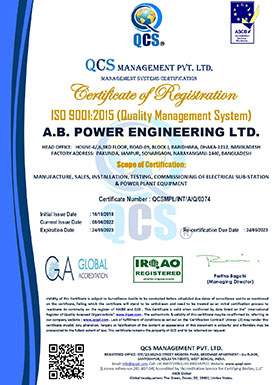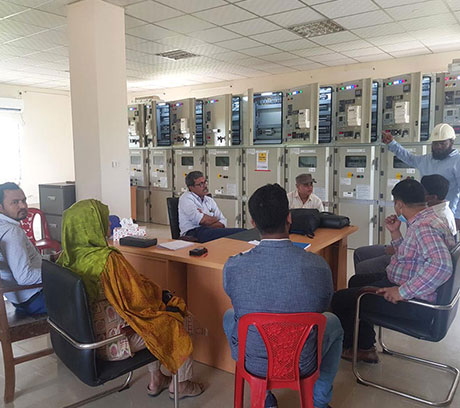Solar energy for your home and businesses
Solar energy is reshaping the future of power for both residential and commercial spaces. With rising concerns over energy costs and environmental sustainability, many homeowners and businesses are shifting to solar energy as a reliable, cost-effective, and eco-friendly solution. Thanks to rapid advancements in technology, solar energy systems have become more accessible and efficient, making it a realistic option for everyone, from single-family homes to large industrial complexes.
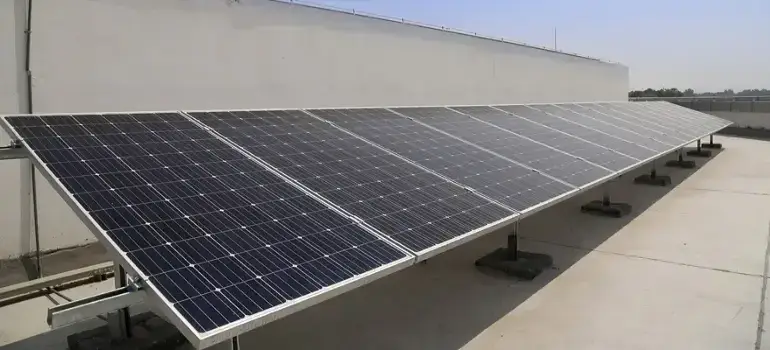
This blog will guide you through everything you need to know about adopting solar energy for your home or business.
Call Us: +8801672073817What Is Solar Energy?
Solar energy is the process of converting sunlight into usable electricity. This is achieved using photovoltaic (PV) cells, which capture sunlight and convert it into electrical current. Another popular method is solar thermal energy, which uses sunlight to produce heat for water heating or industrial processes. Both systems offer clean, renewable power that reduces reliance on fossil fuels, helping to reduce pollution and global warming.
How Solar Panels Work
Solar panels work on the principle of the photovoltaic effect, where sunlight interacts with the PV cells to generate electricity. Each panel contains several cells made of silicon and other materials, which create an electric field when exposed to sunlight. The electric current generated is direct current (DC), which is then converted to alternating current (AC) through an inverter, making it suitable for home and business use. Understanding this basic process helps highlight the simplicity and effectiveness of solar technology in creating sustainable energy.
Benefits of Solar Energy for Homeowners
For homeowners, solar energy offers multiple benefits that go beyond just savings. Here’s why switching to solar can be a rewarding choice:
- Cost Savings on Energy Bills: You can significantly reduce your monthly electricity bills by using solar energy. By generating your power, you’re less reliant on utility companies, saving money in the long run.
- Increased Property Value: Homes with solar installations generally have higher property values. Buyers are often willing to pay a premium for homes with solar, seeing it as a long-term investment in energy savings.
- Environmental Impact: Solar energy is a clean source of power, meaning it produces no greenhouse gas emissions. By switching to solar, homeowners reduce their carbon footprint, contributing to a healthier planet.
- Tax Credits and Incentives: Many governments offer tax credits and other incentives for homeowners who choose solar energy. These financial benefits can help offset the initial installation costs, making solar more affordable.
Benefits of Solar Energy for Businesses
Businesses have a lot to gain from solar energy, both financially and operationally:
- Cost-Effective Energy Production: Businesses often have high energy demands, and solar can provide a substantial portion of their power needs, significantly lowering utility costs.
- Enhanced Brand Image: Companies that adopt solar demonstrate a commitment to sustainability, which can boost their brand reputation and appeal to eco-conscious customers.
- Tax Incentives and Grants: Businesses may qualify for tax deductions, accelerated depreciation, and government grants aimed at promoting renewable energy. These financial incentives make solar an attractive investment for any business looking to reduce expenses.
Types of Solar Panels for Homes and Businesses
The type of solar panel you choose will affect both the cost and efficiency of your system. Understanding these types can help you select the right panel, whether for your home or business. The three main types are:
- Monocrystalline Panels: Known for high efficiency and longevity, these panels are made from single-crystal silicon and are generally more expensive. Due to their compact size, they’re ideal for areas with limited space.
- Polycrystalline Panels: These are made from multiple silicon crystals, making them slightly less efficient but more affordable than monocrystalline panels. They’re a popular choice for larger installations with ample roof space.
- Thin-Film Panels: Although less efficient, thin-film panels are lightweight and flexible, making them suitable for unconventional installations. They’re also generally less expensive, though they require more space.
Factors to Consider When Choosing Solar Panels
When selecting solar panels, it’s essential to evaluate specific factors:
- Efficiency: The higher the efficiency, the more power the panel produces. Homeowners with limited space may prefer high-efficiency panels.
- Space Requirements: The roof’s size and shape can limit the number of panels you can install. Conducting a professional assessment will ensure your roof can accommodate the panels.
- Durability: Panels are built to withstand various weather conditions, but durability varies by type and brand. Look for warranties that cover 20-25 years.
Environmental Impact of Solar Energy
Switching to solar power is an impactful choice for the environment. Solar energy significantly reduces carbon emissions compared to traditional fossil fuels, contributing to a cleaner and more sustainable planet.
- Reducing Greenhouse Gases: Solar energy produces zero emissions during operation, cutting down greenhouse gas emissions that contribute to climate change. Each kilowatt of solar power offsets a significant amount of carbon dioxide annually, making it an eco-friendly energy solution.
- Preserving Natural Resources: Solar energy relies on sunlight, an abundant and renewable resource, unlike finite fossil fuels. By reducing dependence on fossil fuels, solar power helps conserve resources and reduce the pollution caused by extracting and burning them.
Future of Solar Energy for Homes and Businesses
The future of solar energy looks promising with continuous advancements in technology, making solar systems more efficient, affordable, and adaptable for various settings.
- Emerging Technologies: Solar tiles and flexible solar panels are some of the innovations emerging in the solar industry. These technologies provide more installation flexibility, allowing integration into a wider range of building materials and surfaces.
- Solar and Smart Homes: The integration of solar with smart home technologies is transforming how energy is used and managed. Smart systems can optimize energy use, manage battery storage, and even sell excess power back to the grid when prices are high, making energy usage more efficient.
Final Words
Solar energy offers a practical, eco-friendly, and cost-saving energy solution for both homes and businesses. With benefits like reduced energy bills, increased property value, and a smaller carbon footprint, it’s an investment that pays off in numerous ways. As technology advances and costs continue to fall, solar energy is becoming an increasingly viable option, whether for a small home or a large business.
As a famous Electricity Power solution company in Bangladesh, We strictly follow Bangladesh's National Solar Energy Policy. We offer the best quality solar panels at a competitive price in Bangladesh. Contact us today for a free quotation.
Ask for Price: +8801672073817
